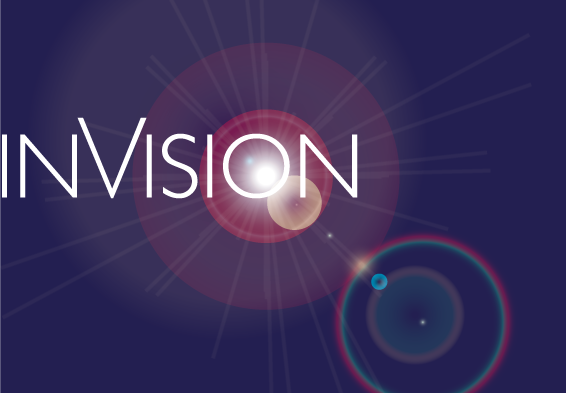Are you satisfied?
If you didn’t answer yes, don’t dismay. For the most part we human beings don’t do ‘satisfied’ very well. Soon after we get the thing we wanted, we start wanting something else. We start thinking that something else is missing or needed in order for life to turn out.
I calculated that I’ve asked that simple question in my work at least 1,000 times over the last 10+ years. Few people have ever answered yes. If they said yes it usually came with a ‘but.’ ‘Yes, but I’m really overqualified for the work I do.’ ‘Yes, but I’m really disappointed in my company’s performance this quarter.’ ‘Yes, but my daughter got a C on her final and may not get into the college she wants.’ You get the point.
Based on all those conversations over the years, it seems that our inability to be satisfied is also accompanied by a pervasive story we aren’t enough, don’t have enough or haven’t done enough. Our not-enough thinking is accompanied by feelings of resentment, inadequacy, anxiety, even fear and they drive us to over-consume, to over-work, to over-criticize, to overlook today in favor of a better tomorrow.
So, why is it that we aren’t able to say we’re satisfied, to declare we are or have enough? Is our inability to be satisfied just the way we human beings are wired? Is it because of the extreme uncertainty of the times we are living? Is it due to, what some experts call, the guiding mythology of scarcity in our western world? Does it have anything to do with the fact that our economic engine promotes and worships growth above all other measures of success and satisfaction?
At a minimum, we are most certainly affected by the daily deluge of messages from a multitude of sources that tell us ‘this’ isn’t it – that we need something else, something more, to be ok. We need to improve. We need a better skill, car, house, partner, wardrobe, job, grade, ROI. We need to be a better lover, spouse, leader, parent, student, manager. We need something else to be in, cool, accepted. We’ve got to have that career, device, app, body, face, abs, bank account balance, vacation spot, to feel good about ourselves.
Maybe it’s because the idea of declaring satisfaction isn’t something we talk about. Actually, it’s a big missing conversation in our culture, in our corporations, in our governments, in our education system. In the absence of good conversations that help us examine the very beliefs we live and lead from, we aren’t able to see or challenge those insidious messages we get from every corner of life. Whatever the reason, our want for more and inability to declare satisfaction is a habit embedded into the very fabric of our daily living.
The good news about that is we know from experience that changing our habits is possible. We may not be able to eliminate all the messages we are bombarded with that remind us we should be, do and have more but we can change what we do with those messages and how we think about them. It’s not easy to change habits but it is do-able. With awareness and practice we can embed and embody new habits that replace striving with satisfaction, that replace the not-enough story with enough for now. So, in the spirit of learning to live a more satisfied life, I offer three ways to begin practicing.
1) Start working on your own definition of satisfaction.
The origin of the word satisfaction comes from the Latin words satis which means enough and facere which means to perform or do. Satisfaction can be loosely translated to mean ‘enough action’. So, good questions to seriously reflect upon might be: What’s enough action at work? What’s enough promotion? What’s enough house? What’s enough car? What’s enough money in the bank? To what standards do you want to live? Take the time to seriously create your own considered, thoughtful, definition of your own life-well-lived.
2) Stop Comparing.
Comparing is the biggest enemy of being satisfied. If you do nothing else, start noticing how often you compare and judge yourself against others. By learning to notice, you’ll be at choice about what to do with the thoughts. Without noticing you’ll continue to be at the affect of your not-enough story.
3) Practice saying (and meaning) it.
So, how do you know you’re satisfied? Because you say so! It’s a declaration that you make to yourself or to others that, for now, in this moment, this effort is enough, you are enough, you have enough. This declaration doesn’t mean that you’ll stop trying to design a meaningful future for yourself and others. It does mean, however, that the place you design from will be one of peace and wholeness as opposed to trying to design your future from lack, scarcity, fear, overwhelm, envy or exhaustion.
With attention and practice you can learn to live satisfied in our seemingly insatiable world. Just imagine what would be possible for your families, colleagues, communities, nation if your striving was tempered by a deep knowing that ‘more’ would only bring temporary relief and not lasting happiness. With awareness and practice you can learn to dance to your own tune amidst the strains of the tunes played out in our world that you’re missing something to be happy. Actually, in this moment, you are enough.

 Terrie Upshur-Lupberger
Terrie Upshur-Lupberger